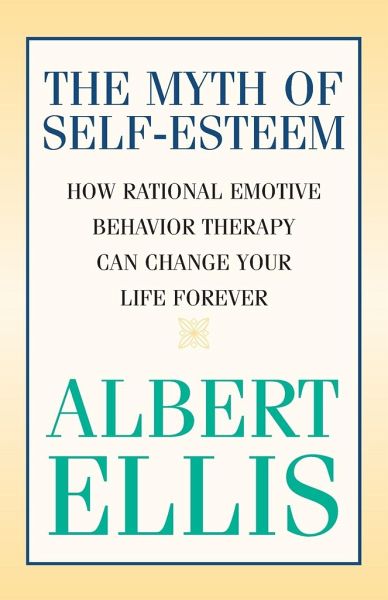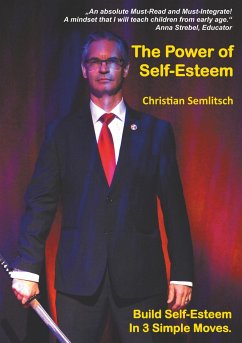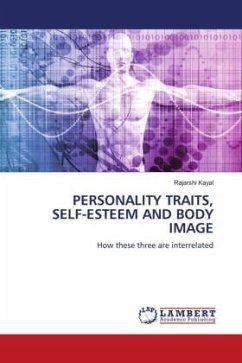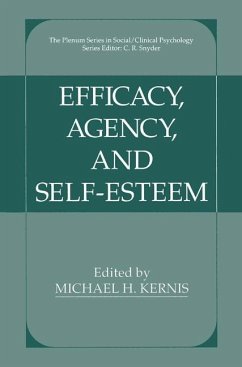
The Myth of Self-esteem
How Rational Emotive Behavior Therapy Can Change Your Life Forever
Versandkostenfrei!
Versandfertig in 1-2 Wochen
18,99 €
inkl. MwSt.

PAYBACK Punkte
9 °P sammeln!
Examining the thinking of great religious teachers, philosophers, and psychologists, the founder of one of the world's most successful forms of therapy teaches readers how to accept themselves--and others--unconditionally.
In this illuminating book, Ellis provides a lively and insightful explanation of the differences between self-esteem and self-acceptance. Emphasizing the importance of self-acceptance, he examines this theme in the thinking of great religious teachers, philosophers, and psychologists. He then provides exercises for training oneself to change self-defeating habits to the healthy, positive approach of self-acceptance. These include specific thinking techniques as well as emotive and behavioral exercises.He concludes by stressing that unconditional self-acceptance is the basis for establishing healthy relationships with others, along with unconditional other-acceptance and a total philosophy of life anchored in unconditional life-acceptance.














